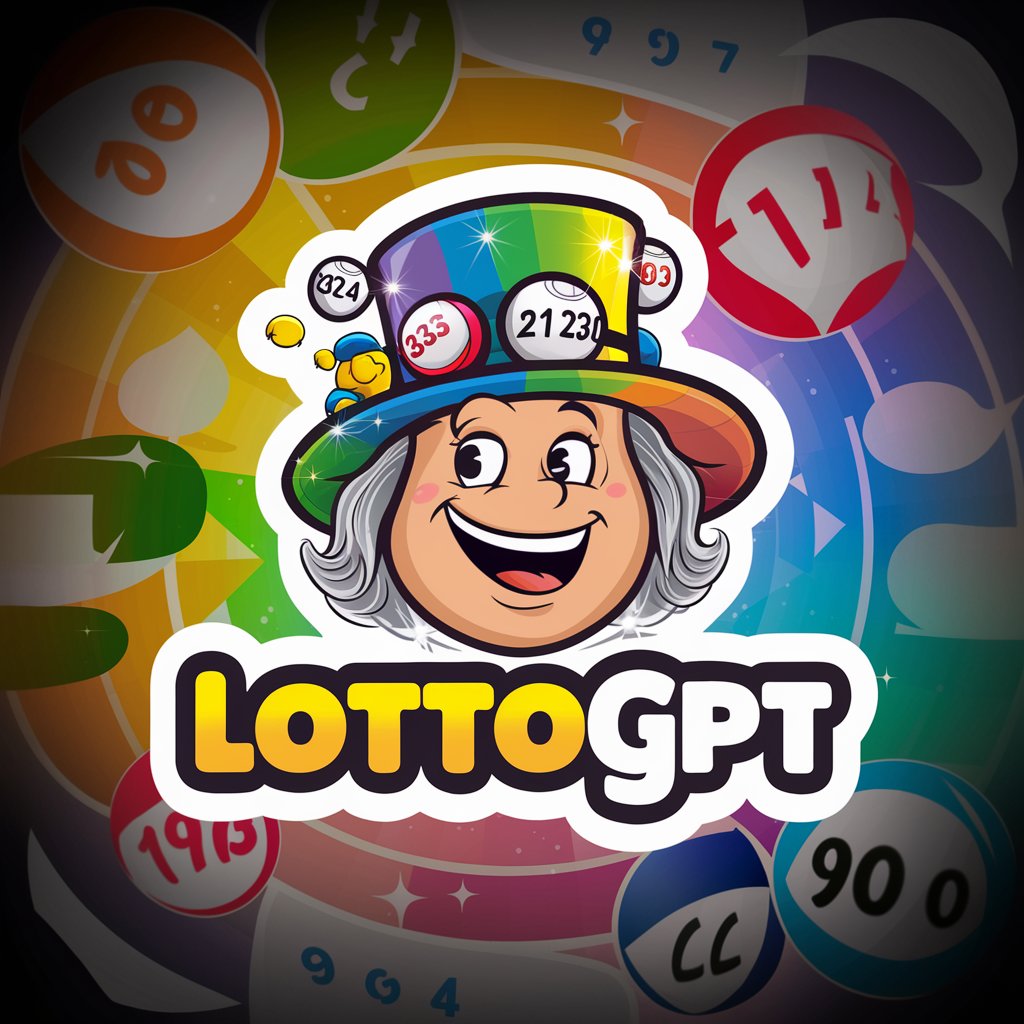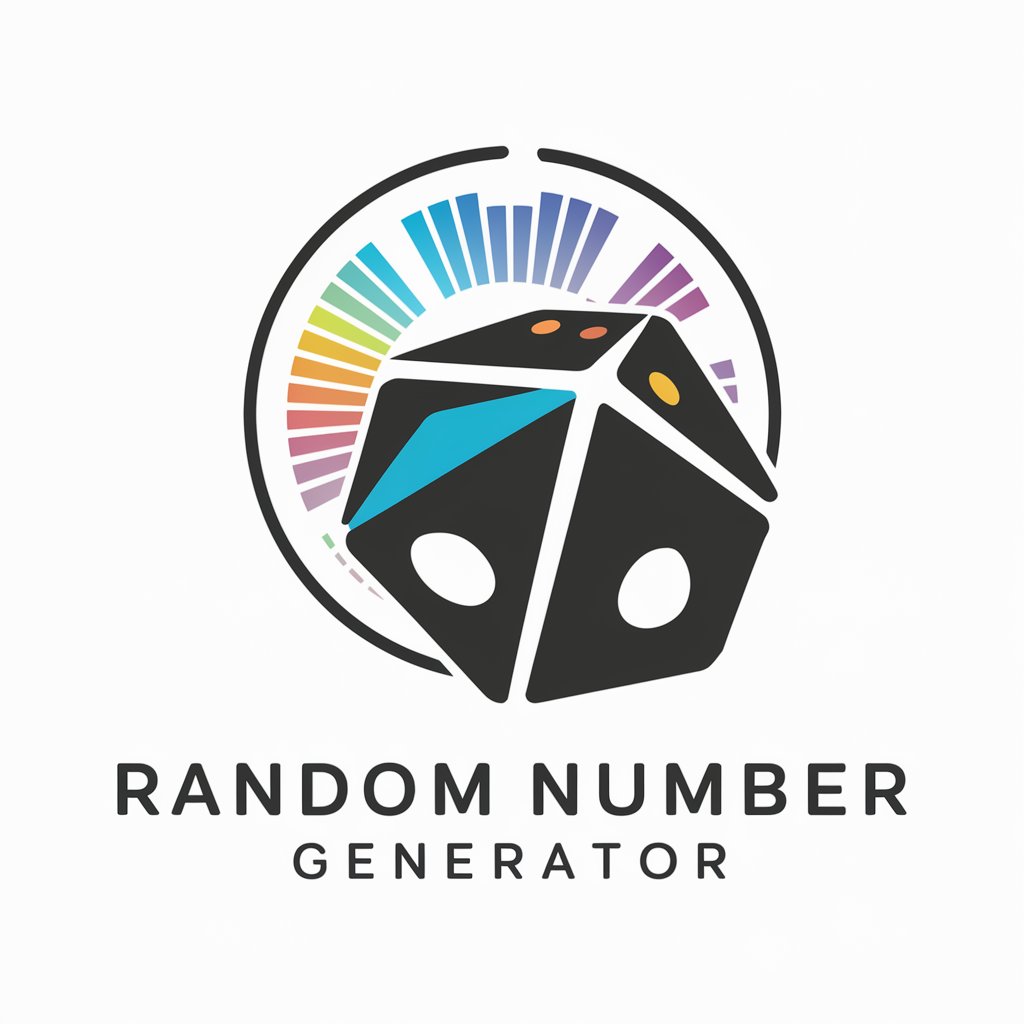
Random Number Generator - versatile random number generation
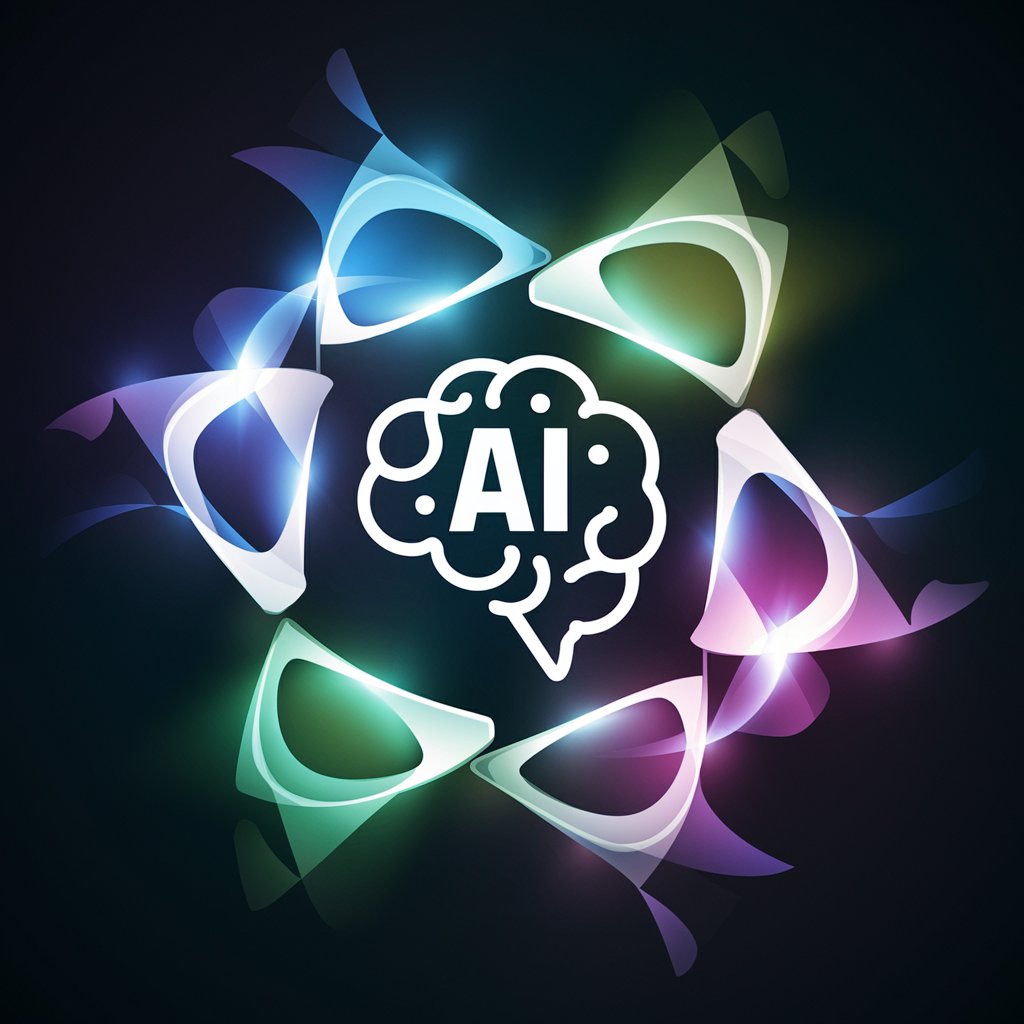
Hello! Ready to generate some random numbers?
AI-powered precise randomization tool
Generate a random number between...
Give me a random number from 1 to...
What's a random number in the range of...
Pick a random number between...
Get Embed Code
Overview of Random Number Generator
The Random Number Generator (RNG) is designed to generate numbers in a random or pseudo-random manner, depending on the algorithm used. Its primary purpose is to provide a sequence of numbers that lack any predictable order, ensuring fairness and unpredictability in various applications. For example, in gaming, RNGs are used to determine the outcomes of rolls, drops, or any element that requires a chance result. In simulations, they help model complex systems where numerous random variables are involved, offering insights into phenomena like weather patterns or stock market fluctuations. Powered by ChatGPT-4o。

Core Functions and Applications
Generating random numbers within a specified range
Example
0 to 100
Scenario
A developer needs to simulate a lottery draw in a mobile app, where each ticket number is randomly generated within the range of 0 to 100.
Creating sequences of random numbers for simulations
Example
Monte Carlo simulations
Scenario
A financial analyst uses sequences of random numbers to simulate various investment scenarios over time, helping to identify the potential risks and returns of different investment strategies.
Providing randomness for cryptographic purposes
Example
Generating keys for encryption
Scenario
In cybersecurity, RNGs are crucial for creating strong, unpredictable keys that secure data transmissions over the internet, ensuring that sensitive information remains confidential.
Target User Groups
Developers and Programmers
This group utilizes RNGs to implement features requiring randomness, such as games, simulations, and security algorithms. Their need for reliable, unpredictable outputs makes RNG services invaluable for their projects.
Researchers and Analysts
Researchers in fields like statistics, physics, and finance use RNGs to model complex systems and phenomena. These users benefit from the ability to simulate numerous scenarios, aiding in data analysis and theory testing.
Educators and Students
In educational settings, RNGs can be used to teach concepts of probability, statistics, and computer science. They offer a practical tool for demonstrations and experiments, enhancing learning experiences.

How to Use Random Number Generator
Initial Access
Navigate to yeschat.ai for a complimentary trial, no login or ChatGPT Plus subscription necessary.
Choose Range
Specify the numeric range for your random number generation, defaulting from 0 to 100 if no range is given.
Generate Number
Request the generation of a random number or set of numbers by specifying your needs.
Review Output
Examine the generated random numbers and use them as per your requirements.
Repeat as Needed
Generate additional numbers or modify range settings as your project or needs evolve.
Try other advanced and practical GPTs
Global Travel Advisor
Your Smart, AI-Powered Travel Guide

苏世民 Schwarzman
Empowering Excellence with AI

Health Chef
Savor Health with AI-Powered Gourmet Cooking

Gasura Expert
Powering Innovation with AI-driven Engine Insights

Pepe Vibes
Crafting Unique Pepe Memes with AI

Mix & Match
AI-powered Style Companion

Plagiarism Checker
Ensuring Originality with AI

Angelic Forest Oracle
Unlock mystical insights with AI-powered Oracle readings.
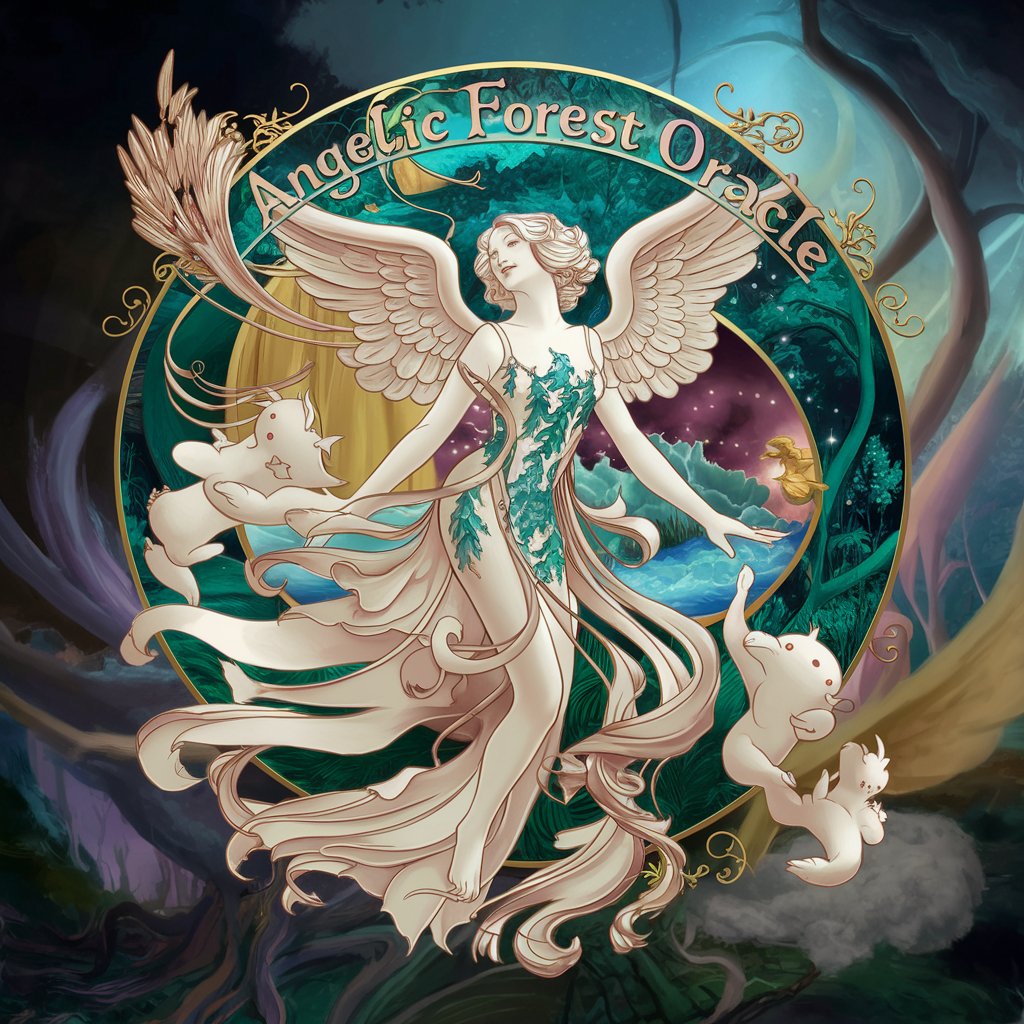
Agile Dev Expert v 1.1
Empowering Agile Projects with AI

IQ Test
Unleash your intellectual potential with AI-powered insights.

Deep talk with B ill Gates
Harness Bill Gates' Wisdom

Playmobil Me
Turn Your Photos Into Playmobil Fun!
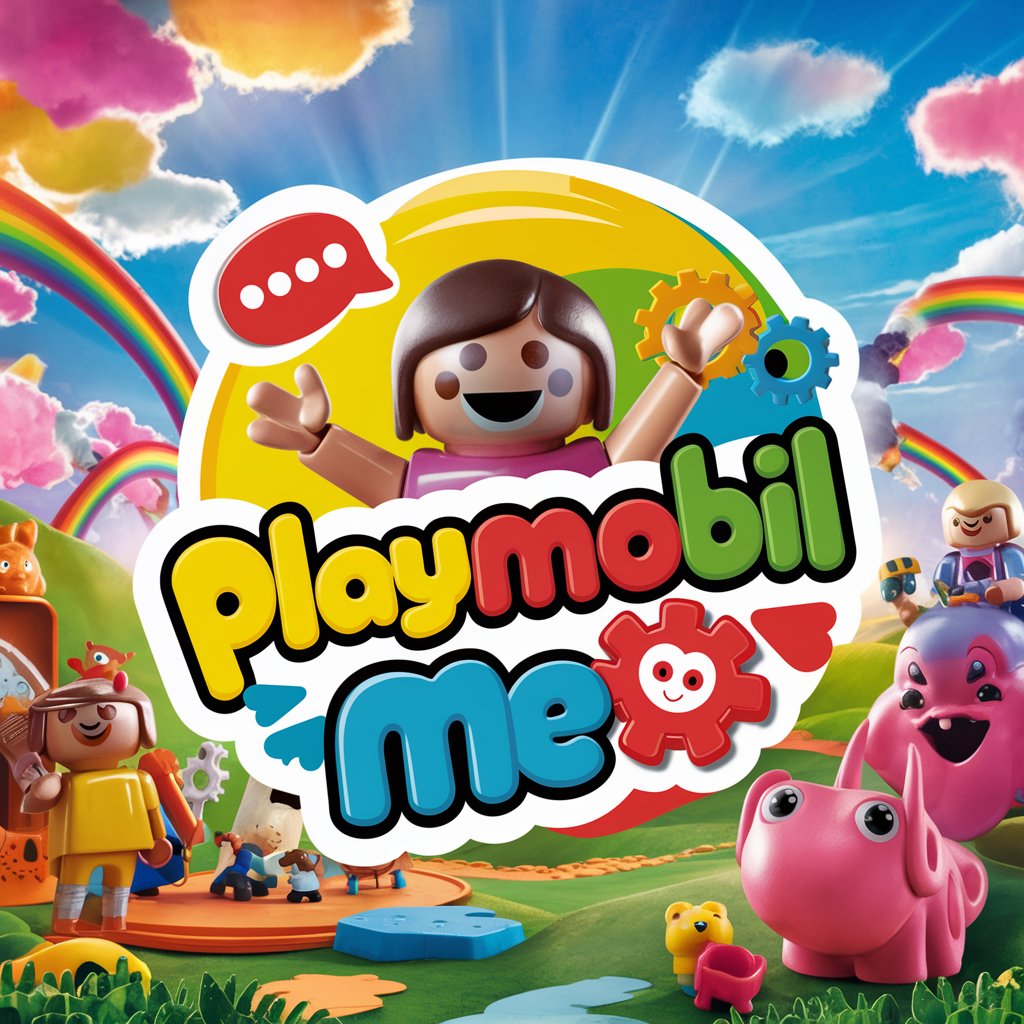
Frequently Asked Questions about Random Number Generator
What is a Random Number Generator?
A Random Number Generator (RNG) is a tool used to produce a sequence of numbers that lack any predictable order or pattern. In various contexts, RNGs are utilized for simulations, cryptography, statistical sampling, and gaming.
Can I specify my own number range for generation?
Yes, you can set specific upper and lower bounds for the random numbers you wish to generate. If no range is specified, the default range is from 0 to 100.
How can I ensure the numbers generated are truly random?
The tool uses algorithms designed to ensure each number's randomness. For critical applications, it's advised to review the algorithm specifics and their suitability for your task.
Is there a limit to how many numbers I can generate at once?
There might be limitations based on the platform or service, but generally, you can generate a large set of numbers in one request. Check the specific service guidelines for exact limits.
Can the Random Number Generator be used for educational purposes?
Absolutely, RNG can be a valuable tool in educational settings for teaching statistics, probability, and for conducting various types of simulations or experiments.

